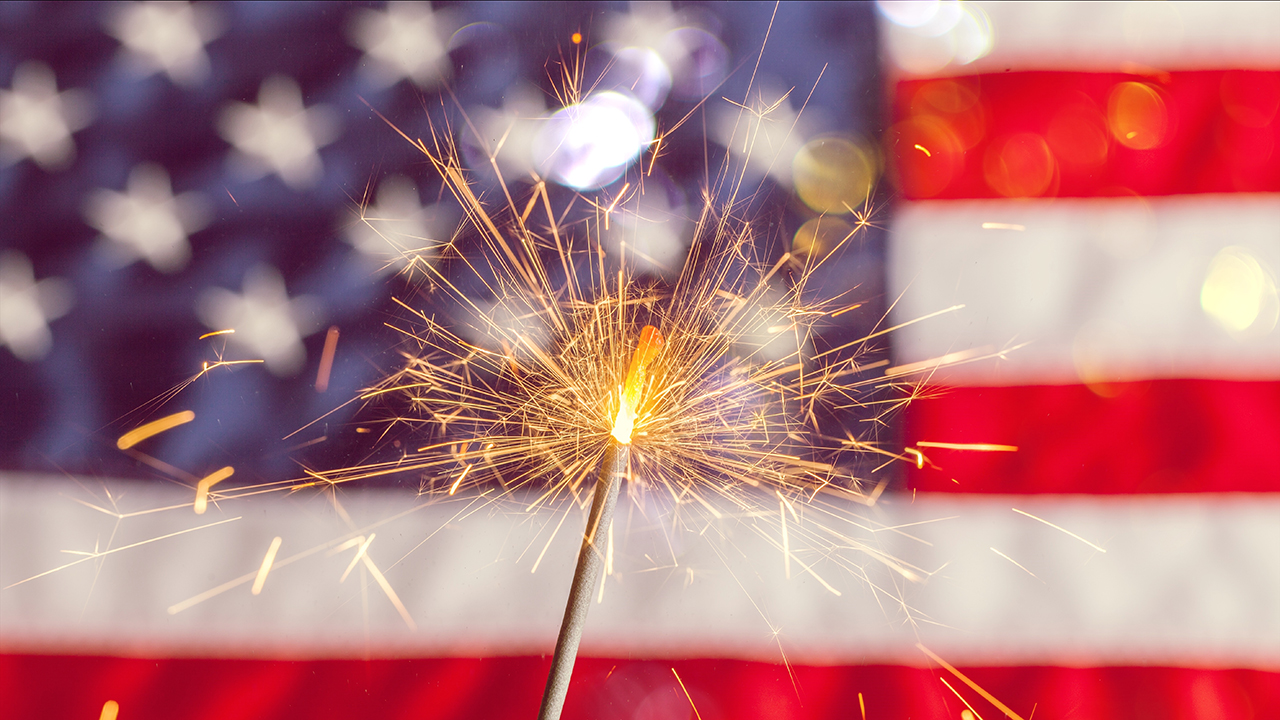“Staying safe for Independence Day can be easy,” said Beretta Craft-Coffman, a physician assistant and Vice President of Non-Physician Providers with Burn and Reconstructive Centers of America. “Just paying attention can make all the difference.”
Most Independence Day celebrations center around fireworks, and fireworks-related injuries surge more around the Fourth of July than any other holiday.
Craft-Coffman has a simple warning: “There are no safe fireworks.” That’s why she recommends using professionals for fireworks shows.
However, if you do plan to shoot your own projectiles, she offers a few specific tips:
- Create a “blast zone” that is away from structures, people, dry grass and other flammable items.
- Designate a sober adult as the safety person, another sober adult as the “shooter” and someone to be in charge of keeping children clear of the “shooting” area. Let children enjoy the show, not be part of it.
- Make sure the “shooter” is not wearing loose clothing that could ignite, and follows all directions on the fireworks label. If the device does not have a warning and/or instructions label, do not fire it.
- Get a flashlight to light the area so the “shooter” can see what he or she is doing.
- Never stand over an item that does not fire.
- Never throw fireworks. A malfunctioning fuse could cause the item to go off in your hand.
- Make sure a fire extinguisher, hose or bucket of water is nearby just in case there is an accident.
One of the most dangerous items are common sparklers, Craft-Coffman said. Aside from emitting hot sparks while it is lit, the end result of a sparkler is a glowing hot piece of metal.
“If you have sparklers, keep a bucket of water nearby where you can dispose of the hot pieces,” Craft-Coffman said.
Fireworks are not the only danger related to the Fourth of July. In past years, Craft-Coffman has also treated burns from outdoor grills. Usually, the burns are what are classified as “flash injuries,” which may be not very deep, but are often painful. These injuries usually occur when someone is trying to light a grill.
“Checking your gas lines and making sure you are only using lighter fluid on charcoal can help avoid flash burns,” Craft-Coffman said.
Simple steps, such as checking hoses before using a grill can go a long way toward keeping you safe. Other tips include:
- Before using the grill, make sure it’s at least 10 feet away from other objects, including the house or bushes.
- Always follow manufacturers’ instructions when operating a grill.
- Never use a match to check for leaks.
- Keep gas hoses as far away from grease and hot surfaces as possible.
- Replace nicked or scratched connectors.
- Check tubes for blockage from insects or grease using a pipe cleaner.
- Never start a gas grill with the lid closed.
- Never use barbecue grills indoors.
- Keep lighter fluid container away from the grill.
- Utility/Barbeque lighters are not safe for children and should not be left outdoors where the elements may weaken or damage the plastic.
- Always turn on utility light before you turn on gas or propane.
- Always shut off propane tank valve when not in use.
Burns, however, are not the only injuries that can occur during the summer. Carelessness with fireworks and summer yard maintenance can also cause injuries to the hands, which require special care provided by a team of hand specialists at BRCA.
Proper care for a hand injury, according to Craft-Coffman, begins shortly after the injury occurs. For example, if there is a complete amputation of a digit(s), call 911 first and work to control any bleeding. Then, safely collect the amputated parts and keep them moist and cool. Don’t put the amputated digit directly on ice, though, as that can cause even more damage.
For severe lacerations, such as dog bites, focus on stopping or controlling the bleeding and getting the wound clean. If there is a large foreign body still in the wound – a nail, for example – leave it there. Let the medical professionals remove it.
“We want everyone to be as safe as possible for Independence Day,” said Craft-Coffman. “But if you do need our help, we will be here for you.”
